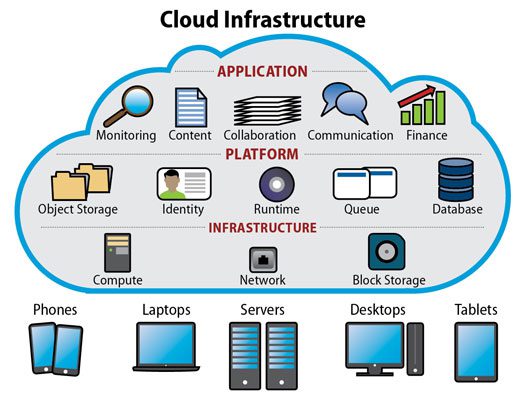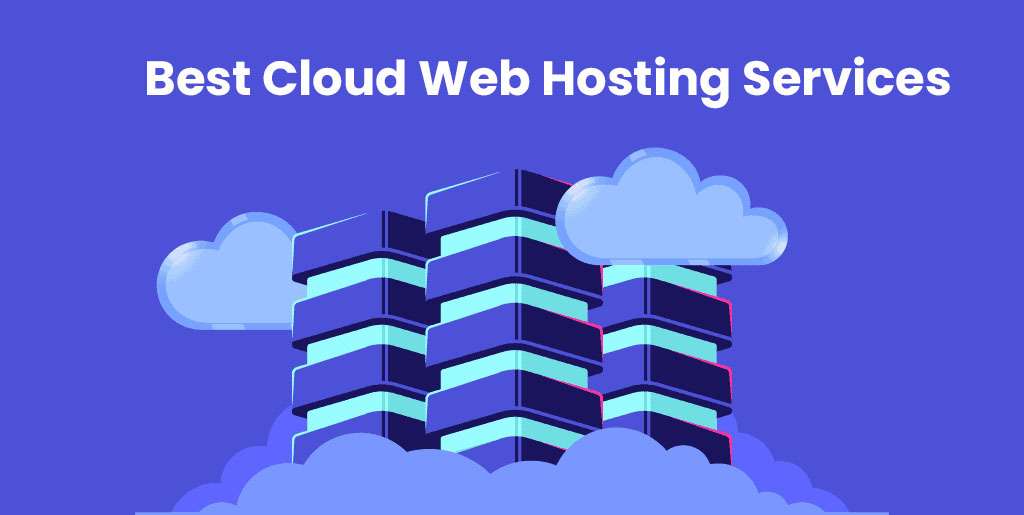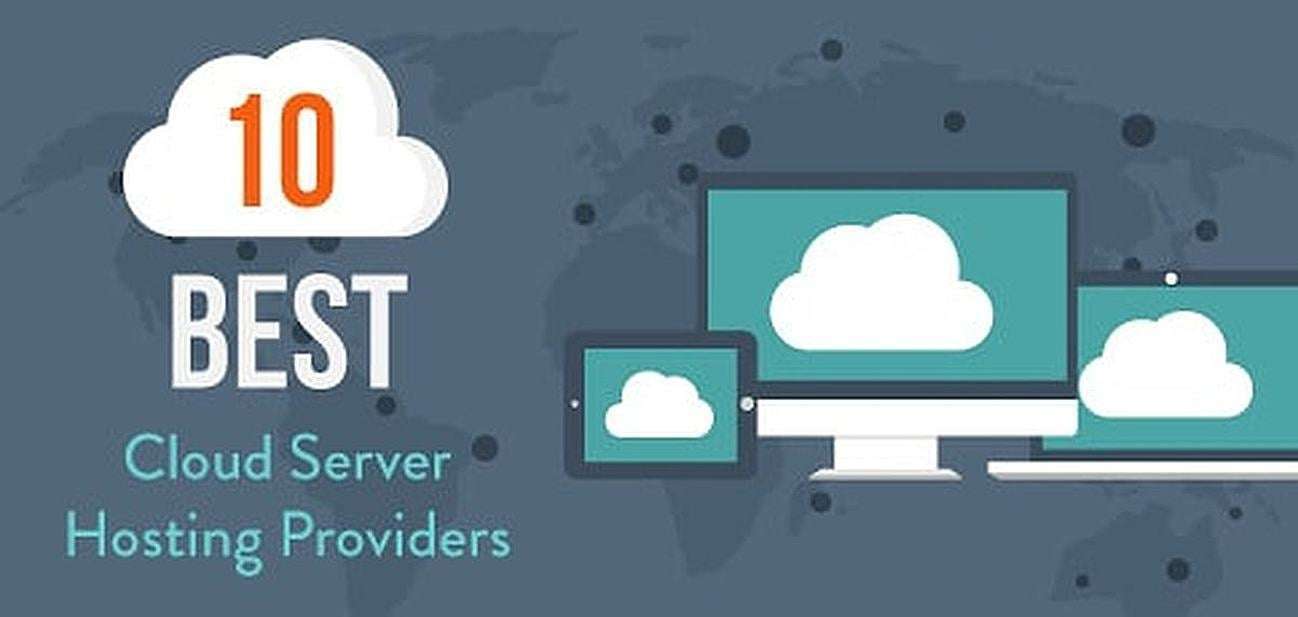Introduction: Embracing the Cloud for a Better Future
In today’s digital landscape, technology has become the backbone of almost every business operation. The advent of cloud computing has revolutionized the way organizations handle their IT infrastructure. Among various cloud computing services, “Infrastructure Cloud Computing” stands as a pillar of support, providing scalable, flexible, and cost-efficient solutions. In this comprehensive article, we delve into the world of infrastructure cloud computing, understanding its concept, advantages, and how it has transformed industries across the globe.
Infrastructure Cloud Computing: Understanding the Foundation
Cloud Computing, also known as Infrastructure as a Service (IaaS), is a cloud computing model that delivers essential IT infrastructure components over the Internet. Instead of building and maintaining physical data centers, businesses can now access virtualized resources on a pay-as-you-go basis. This enables companies to scale their IT resources seamlessly, reduce capital expenditures, and focus on their core competencies.
Key Characteristics of Infrastructure Cloud Computing
- Scalability: One of the primary benefits of Cloud Computing is its ability to scale resources up or down based on demand. Whether you need more storage or processing power, the cloud can adjust to meet your requirements.
- Flexibility: Cloud-based provides the flexibility to choose the type of resources needed, such as virtual machines, storage, and networking components. Users can tailor their infrastructure to suit specific business needs.
- Cost-Effectiveness: With Cloud Computing, businesses can avoid the hefty upfront costs of building and maintaining physical servers. Instead, they pay only for the resources they consume, leading to significant cost savings.
- Global Accessibility: Cloud services are accessible from anywhere with an internet connection. This ensures seamless collaboration and data accessibility for teams working in different geographical locations.
- Security and Compliance: Reputable cloud providers implement robust security measures and adhere to compliance standards, ensuring data protection and privacy.
- Automated Provisioning: Cloud Computing allows for automated provisioning of resources, streamlining deployment and reducing manual errors.
The Evolution of Infrastructure Cloud Computing
Cloud Computing has come a long way since its inception. Initially, it primarily served as an alternative to traditional data centers, but it has evolved into a foundational element for various cloud services. Today, it forms the backbone of modern cloud ecosystems and acts as the driving force behind many digital transformations.
The Role of Infrastructure Cloud Computing in Digital Transformation
As businesses embrace digital transformation, cloud computing plays a pivotal role in facilitating the transition. By moving their infrastructure to the cloud, organizations can adopt agile practices, enhance scalability, and accelerate innovation.
Industries Leveraging Infrastructure Cloud Computing
- Finance and Banking: The financial sector relies on cloud computing for secure data storage, customer portals, and transaction processing.
- Healthcare: Healthcare providers use the cloud to store and manage electronic health records securely, enabling seamless sharing of patient data.
- E-commerce: Online retailers leverage the cloud to handle fluctuations in website traffic, ensuring a smooth shopping experience for customers.
- Gaming: The gaming industry utilizes cloud infrastructure to power online gaming platforms and delivers high-quality gaming experiences.
- Education: Educational institutions use cloud-based infrastructure to facilitate remote learning and collaboration among students and educators.
The Future of Cloud Computing
The future of cloud computing looks promising, with ongoing advancements and innovations shaping its trajectory. As technology evolves, we can expect:
- Edge Computing Integration: The integration of edge computing with cloud services will reduce latency and enable real-time data processing.
- AI-Driven Automation: Artificial Intelligence (AI) and Machine Learning (ML) will further enhance cloud infrastructure management, making it more efficient and adaptive.
- Enhanced Security Measures: Cloud providers will continue to enhance security protocols to protect against evolving cyber threats.
- Hybrid Cloud Solutions: Many organizations will adopt hybrid cloud models, combining public and private cloud resources for increased flexibility and control.
- Sustainable Practices: Cloud providers will focus on sustainable practices, optimizing energy consumption and reducing carbon footprints.
Frequently Asked Questions (FAQs)
- What is Infrastructure Cloud Computing? Cloud Computing, or Infrastructure as a Service (IaaS), is a cloud computing model that delivers IT infrastructure components over the internet, eliminating the need for physical data centers.
- How does Infrastructure Cloud Computing benefit businesses? It offers scalability, cost-effectiveness, global accessibility, and automated provisioning, empowering businesses to focus on their core activities and scale their resources as needed.
- Is Infrastructure Cloud Computing secure? Reputable cloud providers implement robust security measures and comply with industry standards to ensure the security and privacy of data stored in the cloud.
- Which industries can benefit from Cloud Computing? Various industries, including finance, healthcare, e-commerce, gaming, and education, leverage cloud-based to enhance their operations and services.
- How does Cloud Computing support digital transformation? By providing a scalable, flexible, and agile IT cloud computing accelerates digital transformation initiatives, enabling businesses to innovate and adapt quickly.
- What does the future hold for Cloud Computing? The future will see the integration of edge computing, AI-driven automation, enhanced security measures, hybrid cloud solutions, and a focus on sustainable practices.
Conclusion:
Cloud Computing has emerged as a game-changer for businesses across industries. Its ability to provide scalable, flexible, and cost-efficient solutions has paved the way for digital transformation and innovation. As technology continues to evolve, cloud computing will play an even more significant role in shaping the future of business operations. Embrace the power of the cloud and unlock the true potential of your organization with cloud computing.




